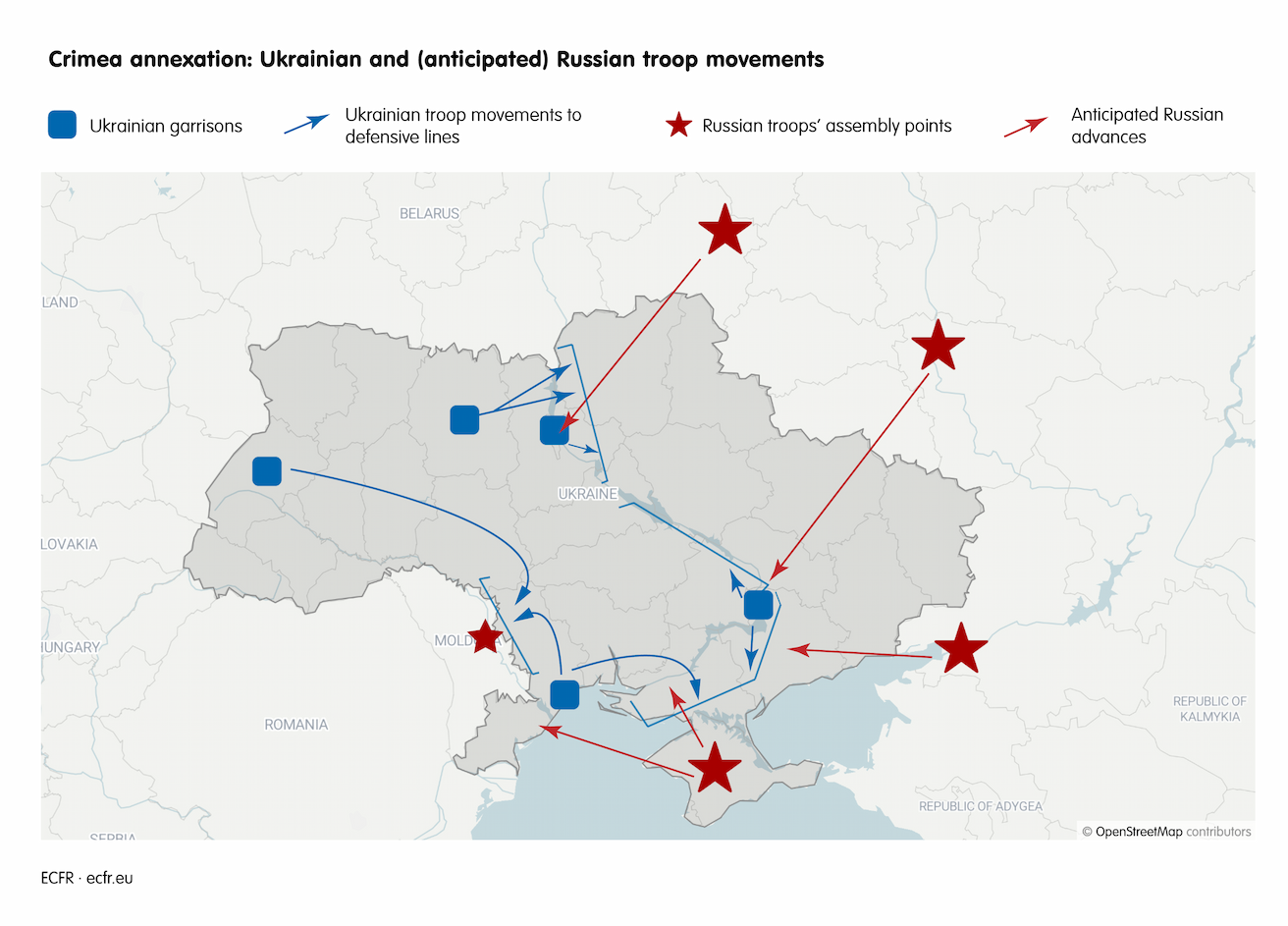


Priority will be given to proposals on the following topics. Grantees conducting research in the region may be able to apply for a residency at the USC Tacori Center in Armenia. Grants will cover new and ongoing research such as dissertation research or postdoctoral research, and will be awarded in amounts of $2,000 to $6,000. The Institute invites scholars (PhD candidate and above) to apply for research grants that will address any aspect of the themes above or topics below. The USC Institute of Armenian Studies grants will support original academic and policy research on the key issues that impact the future of the political entity that is Karabakh and its people, as well as the future of Armenia. In the long-term, Armenia and Armenians will continue to find themselves affected by changes to the regional geopolitical environment: a victorious but still fiercely aggressive Azerbaijan, a Georgia that strives for neutrality but remains deeply entwined with, and economically dependent on Azerbaijan and Turkey, and Iran and Turkey each embroiled in massive domestic challenges.
#Complete dynamics browsing edition in russia drivers
Often held under the Chatham House Rule to encourage free and frank exchange, the roundtables provide an invaluable resource for information from the most significant experts and policymakers from and on the region.The 2020 Karabakh (Artsakh) War created new challenges and exacerbated unanswered questions about the future of regional relations and the status of Karabakh/Artsakh.įollowing the Russia-brokered ceasefire of November 2020 that ended the second Karabakh War, and despite the presence of Russian peacekeepers on the ground, continuing military clashes on Karabakh’s borders and on Armenia’s borders, together with mass displacement and economic and physical insecurity, remain the dominant drivers of future scenarios.Īs Armenians and Azerbaijanis reinforce their positions along newly-created frontlines, explosions of violence have become commonplace. Meetings are usually small and invitation-only, involving presentations by visiting speakers or in-house researchers followed by questions and open discussion with invited experts. The programme holds approximately 50 expert roundtables each year, with speakers ranging from heads of state, foreign ministers and opposition figures to political scientists, economists and energy specialists. The programme brings together the best thinking on the changing dynamics of these countries, as well as their implications for the West and the wider world.Ĭhatham House’s unparalleled convening power allows us to attract the most influential figures from and the best analysts on the region. The Russia and Eurasia Programme offers the opportunity to support leading independent research addressing the domestic and international politics of Russia and the independent states of Eastern Europe, the South Caucasus and Central Asia.

Civil Society Resilience in Eastern Europe.Our challenge today is to reflect forces and interests in the region without diminishing the attention we have always devoted to Russia. Providing expert consultancy for the corporate sector.Įstablished in 1986 as the Soviet Foreign Policy Programme, we swiftly evolved to cover policy in both the Russian Federation and newly independent states.Informing the expert community and the wider public through international media.Convening roundtables, seminars, and study groups to underpin long-term projects.Producing lucid, analytically focused and well substantiated research.We achieve maximum geographical and thematic coverage through our international network of associate fellows and local experts. We provide forthright, interdisciplinary discussion of problems that demand an interdisciplinary approach.

Our Russia and Eurasia programme aims to be a catalyst for debate.


 0 kommentar(er)
0 kommentar(er)
